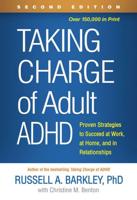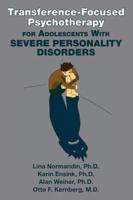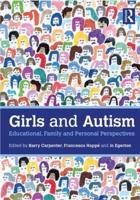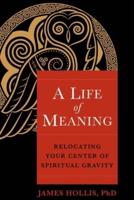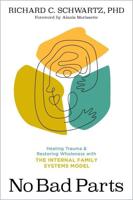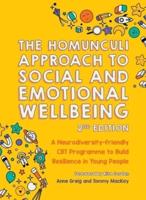Publisher's Synopsis
OCPD. Those who suffer from OCPD find it difficult to maintain healthy relationships. This orientation places the central focus on the unconscious processes, as individuals, we all have. The only difference with psychodynamic therapy is, that these unconscious thought processes are proven in an individuals' daily behaviors. Many modern-day therapists hear the words psychoanalytic and psychodynamic and at once thank Sigmund Freud. Many therapists consider Freud antiquated, and his theory outdated. However, there is still a way for therapist conducting groups, to take from the past (psychoanalytic theory), in conjunction with modern theory such as Cognitive Behavioral Therapy. This manual incorporates various theories. The goals for psychodynamic theory; rely on the individuals' self-cognizance and an understanding of the impact of past performances. Current oblivious thought processes, that affect their existing behaviors. This manual incorporates the more popular Cognitive Behavioral Therapy (CBT). Much like CBT, which focuses on short-term identification of undesirable cognition, which in turn leads to a behavior. Groups, like CBT, is not intended for long-term therapy, and much like psychoanalysis, the group leader is provided with activities that go beyond just the behavior. This therapeutic orientation allows for group members to explore their unconscious interactive patterns to the surface. This can work together with CBT, by bringing the members unconscious negative beliefs an example, the need for perfectionism. Using Ellis', A, B, C, D, E, Rational Emotive Theory, group members gain an awareness of how their irrational unconscious beliefs affect their behavioral patterns



